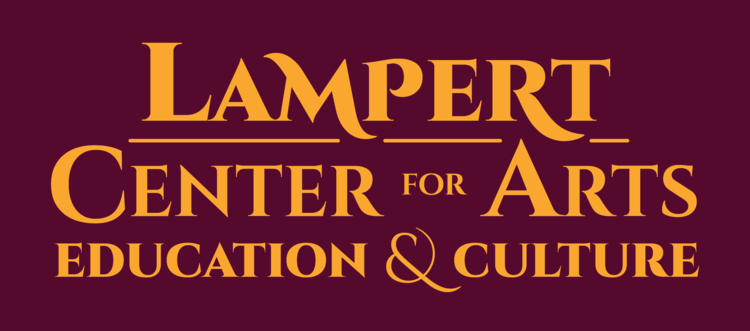Class Schedule & Pricing
Class Schedule & Pricing
Group Classes (45 min.)
Price for single class: $25
4-week package: $90 (10% discount)
7-week package: $157.50 (10% discount)
14-week package: $315 (10% discount)
Private sessions (45 min.)—$55
| Monday | Tuesday | Wednesday | Thursday | Friday | Saturday | |
| 9:15-10:00am | 3 - 5 Years | |||||
| 10:15-11:00am | 3 - 5 Years | 3 - 5 Years | 3 - 5 Years | 6 - 8 Years | ||
| 3:15pm-4:00pm | 3 - 5 Years | 3 - 5 Years | 3 - 5 Years | 3 - 5 Years | 3 - 5 Years | 9 - 11 Years |
| 4:15pm-5:00pm | 6 - 8 Years | 6 - 8 Years | 6 - 8 Years | 6 - 8 Years | 6 - 8 Years | |
| 5:30pm-6:30pm | 6 - 8 Years | 6 - 8 Years | 6 - 8 Years | 9 - 11 Years | ||
| 6:30pm-7:30pm | 9 - 11 Years | 9 - 11 Years | 9 - 11 Years | 9 - 11 Years | ||
| 7:30-8:30pm |
Adult Workshop |
|||||
|
On Sundays at 3PM we will have either our Adult Workshop or Salon Concert Series |
||||||
Musical Exploration—Introduction to Feelings & Movement through Music (3 through 5 years of age)
Children in this pre-school age group are just beginning to recognize that music has the ability to make them feel different emotions, as well as inspiring their bodies to move in different ways. Rather than simply mimicking the sounds of a song, this age group begins to explore how different genres and sounds in music make them feel. Happy, sad, energetic, tranquil? Our bodies react to different sounds. In this class, you will explore this emotional journey with your child using keyboards, drums, balls, soft pillows, triangles, bells and our piano.
Happy & Sad music will correlate with drawn faces in pictures. The teacher will display various pictures showing different emotions, and identify what makes music happy or sad, fast or slow, energizing or relaxing. We will explore the notion of tempo, using Fast & Slow music, movement and dance.
The benefits of this class include: development of emotional intelligence, cultural enrichment through music and artistic expression, improved physical coordination and effective bonding with your pre-school age child.
Musical Exploration 2—Music & The Five Senses (6 through 8 years of age)
Storytelling through music, pictures, and words: In this age group, most children have already been reading for at least a year as well as studying basic arithmetic. Building on these newly acquired skills, we will explore the world of words by reading stories and creating & writing our own. We will explore
music, both live and recorded, and pictures which we will correlate with
these stories. In addition to story creation, children, with the
assistance of the teacher, will create original music, drawings and
paintings.
The Visible & Invisible: We can see colors, pictures and light. Can we see music? In a way, yes, but not with our eyes. Music is experienced with our auditory ability, our emotions and the movement of our bodies to the beat. This level two class will also explore the use of magnets as a tool for explaining how objects can move with something invisible pushing and pulling at them. During this course curriculum there will be more use of instruments, rhythms, and putting music to words and stories.
The benefits of this class include: building reasoning skills, exploring and becoming more acquainted with the 5 senses, building confidence through working as a group to create music and stories and giving your child their first introduction to different types of instruments.
Musical Exploration 3—Introduction to Performing Arts & Creative Visualization (9 through 11 years of age)
Strong curiosity and reasoning skills take shape during this age. This
is also when many children who are artistically inclined will develop a
healthy interest in performing for their peers.
Our learning environment is non-competitive with no obligation to perform. Instead, there is communication, interaction and spontaneous exchange in between children and the teacher. There is no “right” or “wrong” answer in our children’s workshops, only different ones. And if your child desires, he or she will be welcome to play or sing a song for all of us, dance or present a picture to the class.
While our workshop classes are divided into different age groups, there is much room for determining workshop will be most appropriate for your child. There are many factors to consider other than your child’s age for determining his/her group placement: the direction of his/her interests, likes and dislikes, reading/drawing/music /thinking skills, and more. Each child is different, and the best way to ensure his/her comfort level, satisfaction and productivity is by keeping in mind his/her individual needs and interests while also considering the chronological age group.
Important note: If you feel that your child is not quick enough in acquiring certain skills, this does not necessarily mean that your child is deficient. There are many well-documented examples of the greatest geniuses not having exhibited some extraordinary ability at early ages. In fact, many of them performed very poorly in their academic studies. It was often due to one teacher or mentor who recognized extraordinary abilities hidden within them that would ignite the spark that would later lead to someone becoming a superior individual.
